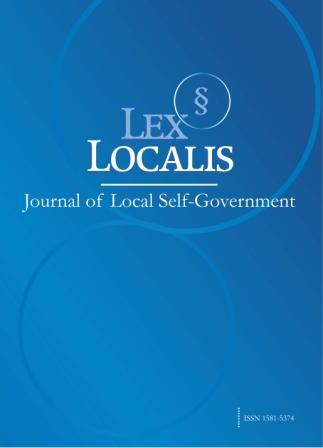A study on the multi-center governance model of elderly care service provision in ethnic minority areas: An empirical analysis based on Xinjiang
DOI:
https://doi.org/10.52152/800184Keywords:
ethnic minority areas; elderly care services; multi-center governance; optimization pathAbstract
With the acceleration of global population aging, the supply of elderly care services in ethnic minority areas in China faces severe challenges. Taking Xinjiang as an example, its economic development lags behind, elderly care facilities are weak, and ethnic cultural factors make it difficult for traditional elderly care models to adapt to demand. The family elderly care function has also gradually weakened due to structural changes. At present, elderly care services in Xinjiang are jointly provided by the government, the market, social organizations and families, but there are problems such as unbalanced resource allocation between urban and rural areas and regions, low service quality, large gap in funding dependence on government investment, and imperfect coordination mechanisms among various entities. Based on this, the optimization path requires improving the policy and regulatory system, formulating differentiated support policies and elderly care service regulations. Strengthening the capacity building of the government, the market, and social organizations, optimizing resource allocation by building a resource sharing platform and balancing urban and rural regional resource allocation, building a diversified supervision pattern, and strengthening supervision and evaluation of all aspects of services are essential for improving the efficiency and quality of elderly care service supply and promote social stability and development in ethnic minority areas.
References
Yang Rongrong, Wang Huimin. Research on the supply of urban community elderly care services under the perspective of multi-center governance [J]. Continental Bridge Vision, 2023, (06): 87-89.
Hu Xiangfeng. Research on the multi-center governance model of community home medical and nursing care services - based on the practice of W City [J]. Health Economics Research, 2020, 37(11): 11-14.
Pu Xiaoying, Hao Qian, Zhang Ping, et al. Construction of a multi-center collaborative governance framework for county medical and health communities [J]. Chinese Journal of Hospital Management, 2025, 41(01): 1-7.
Wu Yifei, Fan Chunliang. Research on China's elderly care technology governance model under the perspective of multi-center collaborative governance [J]. Chinese Health Care Management, 2024, 41(6): 601-606.
Qu Shaoxu. Research on the optimization of the development path of rural mutual assistance elderly care service system under the perspective of multi-center governance [J]. Guangxi Social Sciences, 2020(1):6.
Downloads
Published
Issue
Section
License
Copyright (c) 2025 Lex localis - Journal of Local Self-Government

This work is licensed under a Creative Commons Attribution-NonCommercial-NoDerivatives 4.0 International License.








